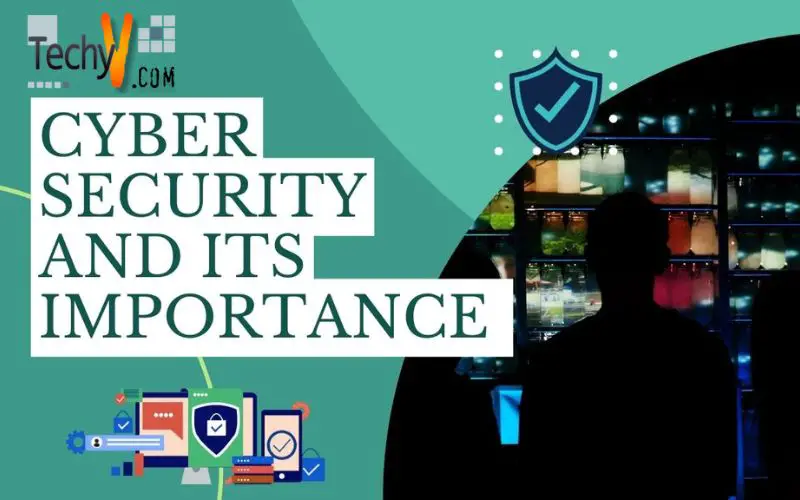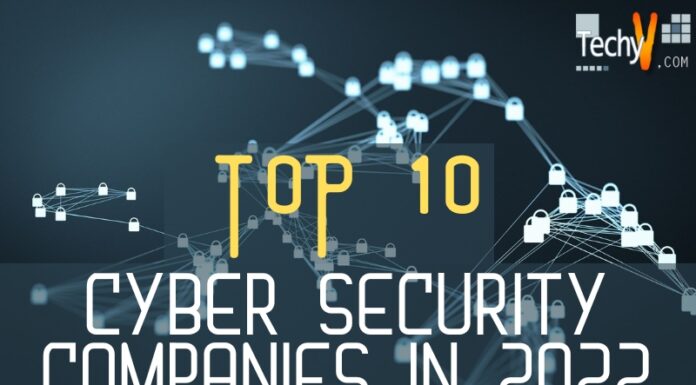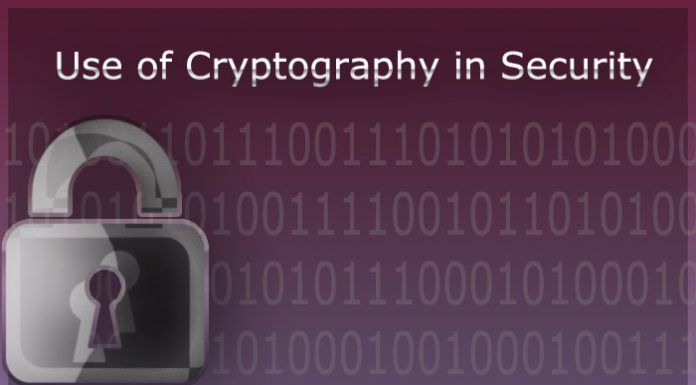Cyber Security and its Importance
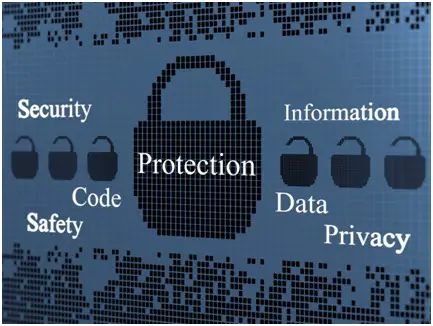
Every day, we have lots of data being stored and distributed across the world through the network. The question would be, “what is the main requirement of data?” It must be safely sent to the destination or must be stored successfully without any changes and unauthorized access. Our lives may fall into situations ranging from inconvenience to life-threatening when they are affected by computer viruses, network outages, data compromised by hackers, and some other issues. There are more chances of exploitation nowadays as the number of digital applications, mobile users, and data networks are increasing.
WHAT IS CYBER SECURITY?
The Main motto of cyber security is to protect data, computers, programs, and networks from unauthorized access, destruction or change of data and unintended access. It can also be called as Information Technology Security.
WHY IS CYBER SECURITY IMPORTANT?
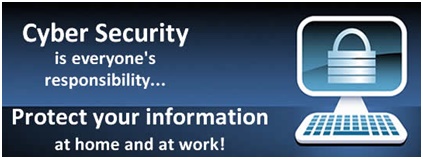
Our daily works are based on large amounts of important and confidential data. Confidential data is collected and stored safely on computers so that they can be transferred to other systems over the network; it is done by many organizations, businesses, military, police, governments, educational and financial institutions, hospitals, etc. We need to provide more attention in protecting personal information, sensitive data, and business data and safeguard national security along with the growing possibilities of cyber attacks.
During a Senate hearing in March 2013, top intelligence officials of our nation warned that main reasons for the threat of terrorism and national security are digital spying and cyber attacks. Constant and quick evaluation of security risks has become one of the most problematic issues of Cyber Security. The traditional way of implementing Cyber Security was made in such a way that it gives more attention and protects most crucial components of the system and the most important resources against the bigger threats. This leads to ignorance of less important components of the system, and they are not protected from less dangerous risks. This is not an appreciable approach in today’s technologically growing environment. This issue was described by a security services provider of the defense department and the federal agency organizations, Adam Vincent, at Layer 7 Technologies in the following way.
“The threat is advancing faster than the way we are trying to implement measures against it. The idea to face and solve the risk, the threat changes faster. Today, writing in a large white paper about the risk is not technically possible about a system, because it just leads to rewriting to the whole white paper constantly.”
More adaptive, reliable, and proactive approach has been promoted by the security advisory organizations to deal with the current environment. A shift towards the real-time assessment and constant monitoring is one of the updated guidelines in the risk assessment framework, which is recently issued by an institute of standards and technology (i.e. NIST).
There are many more remedies that are being applied to data and networks against the cyber attacks and we can expect to see it in the following years.



